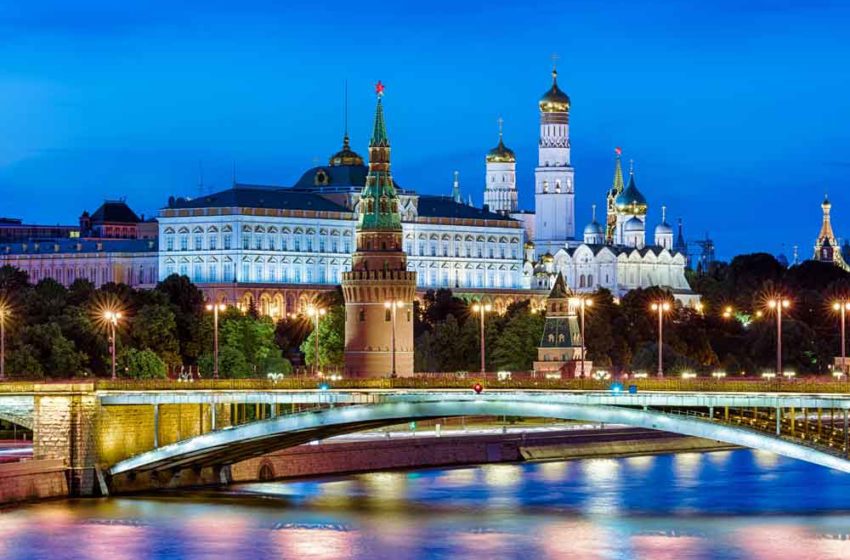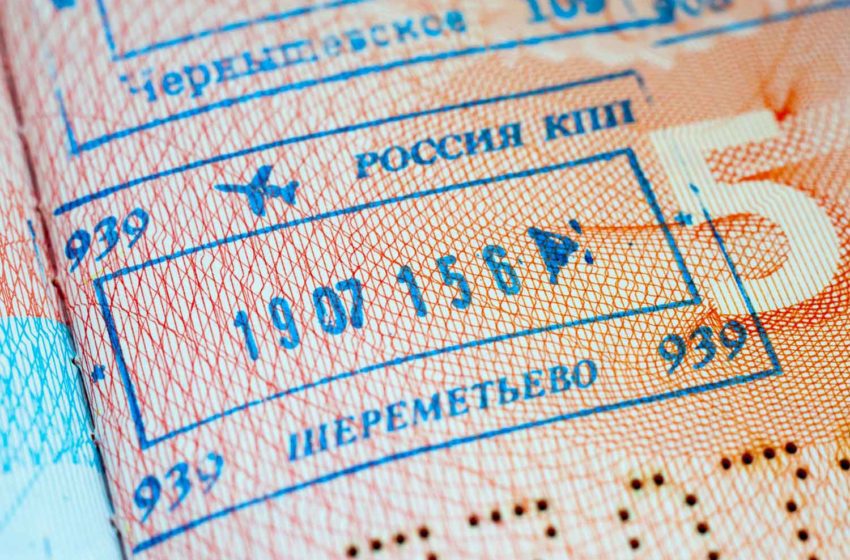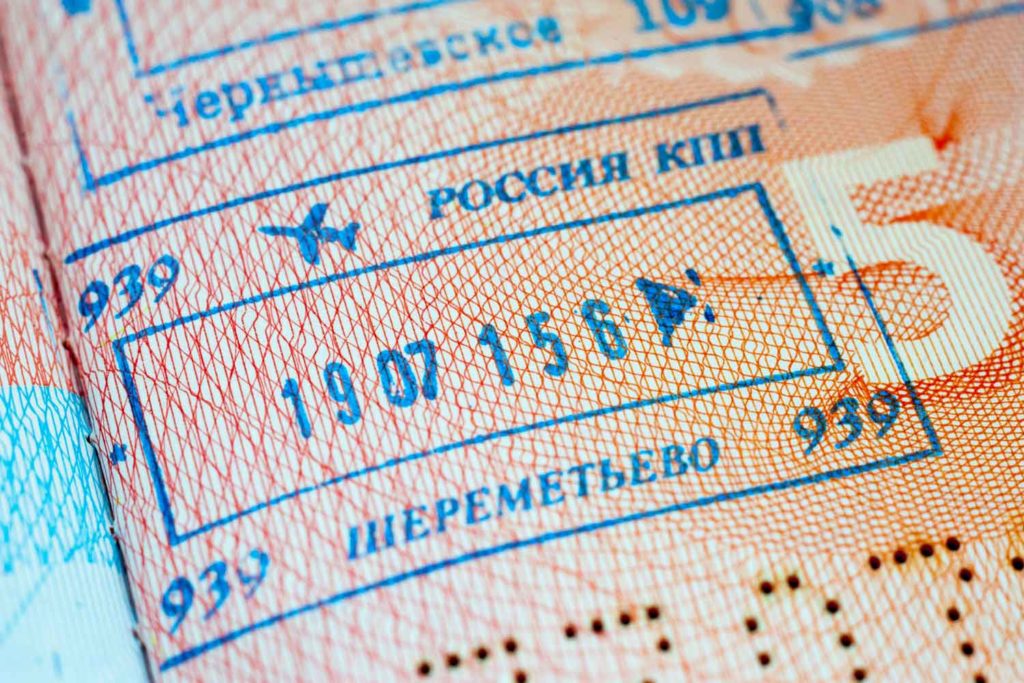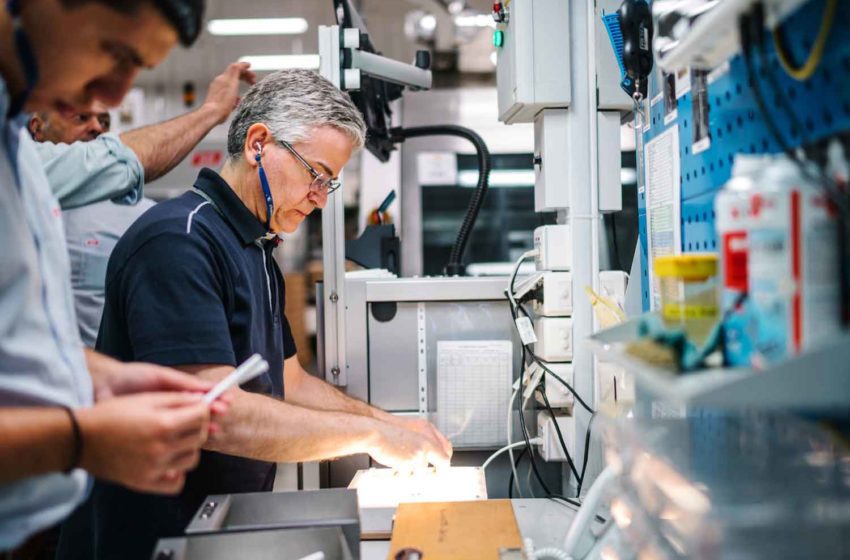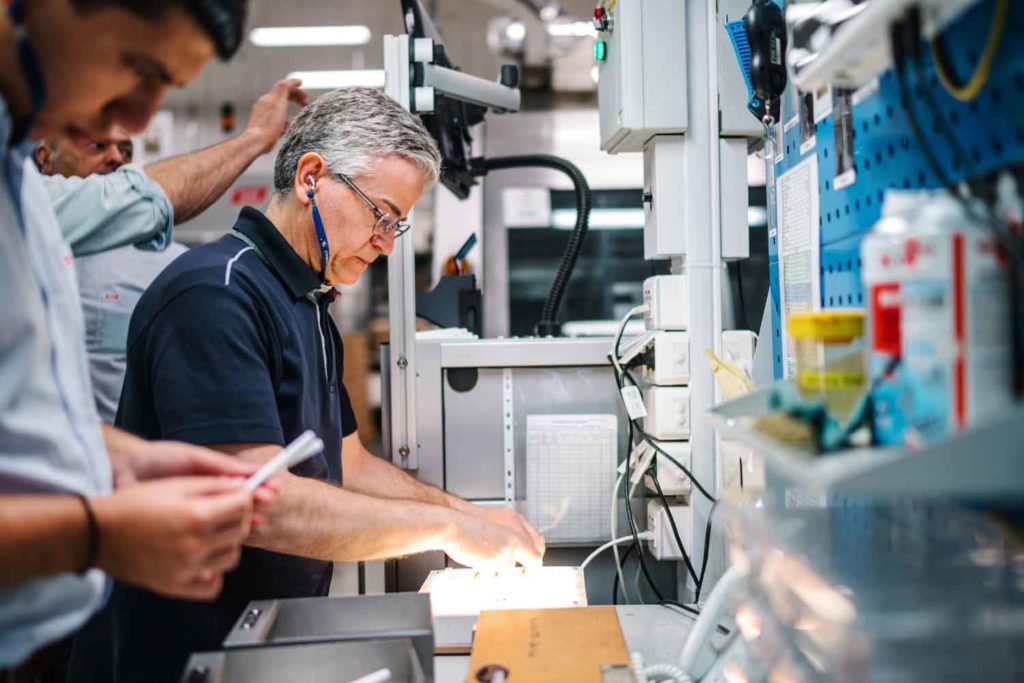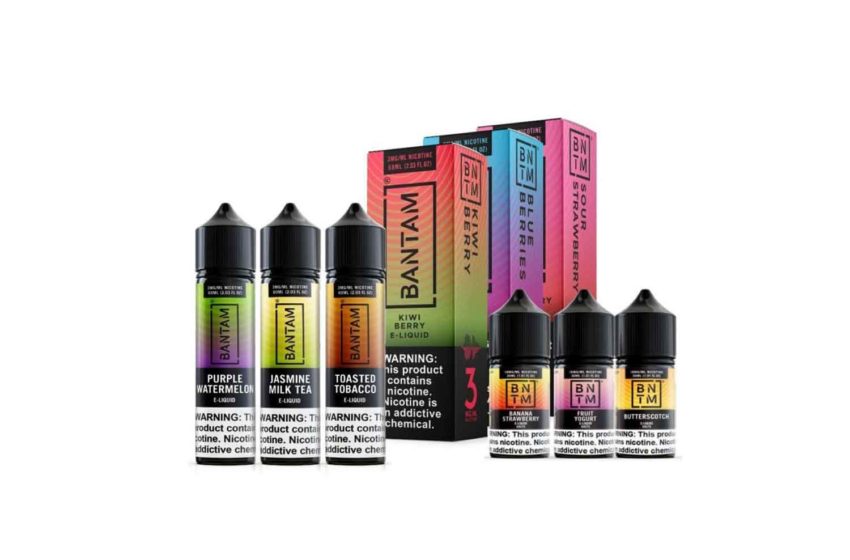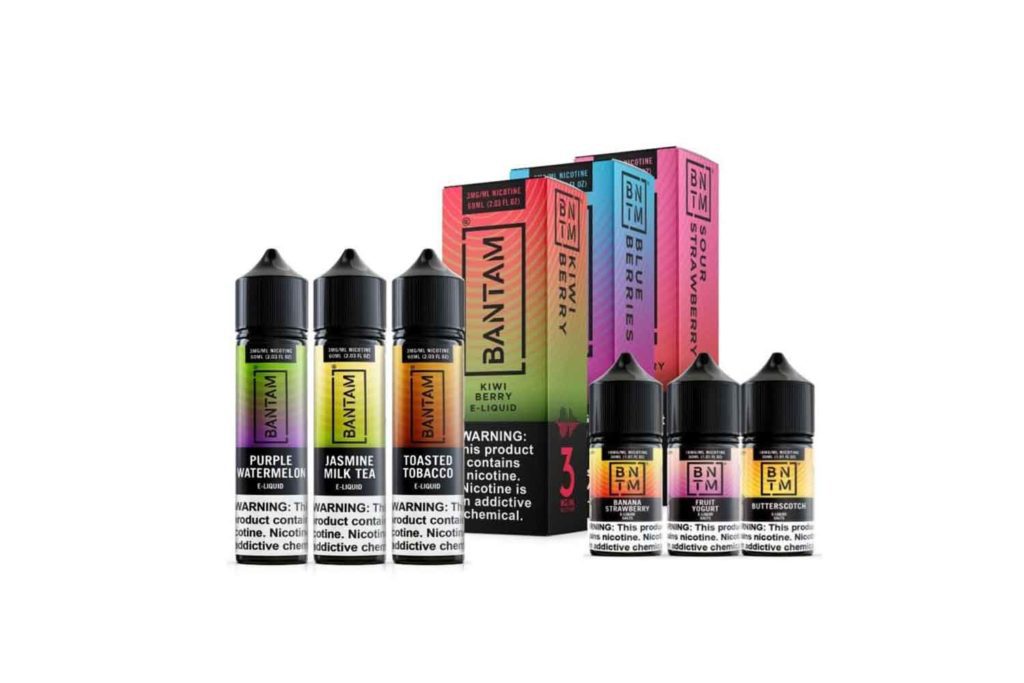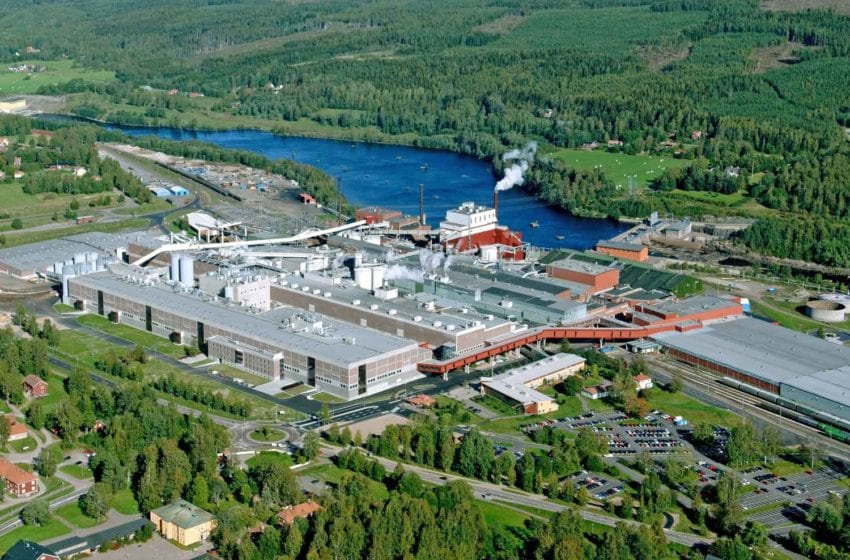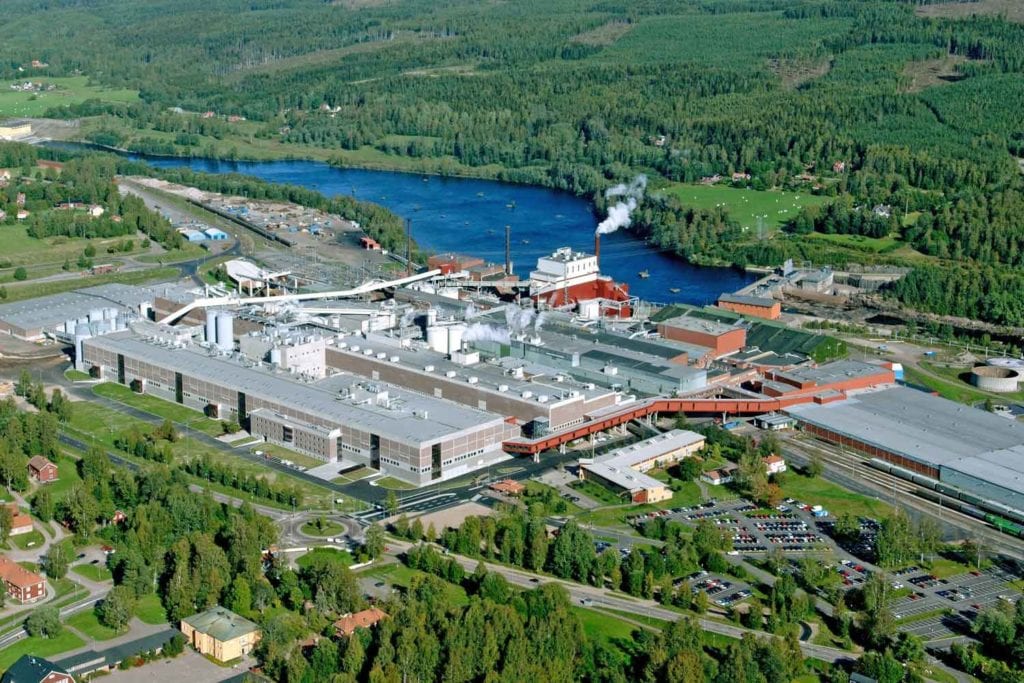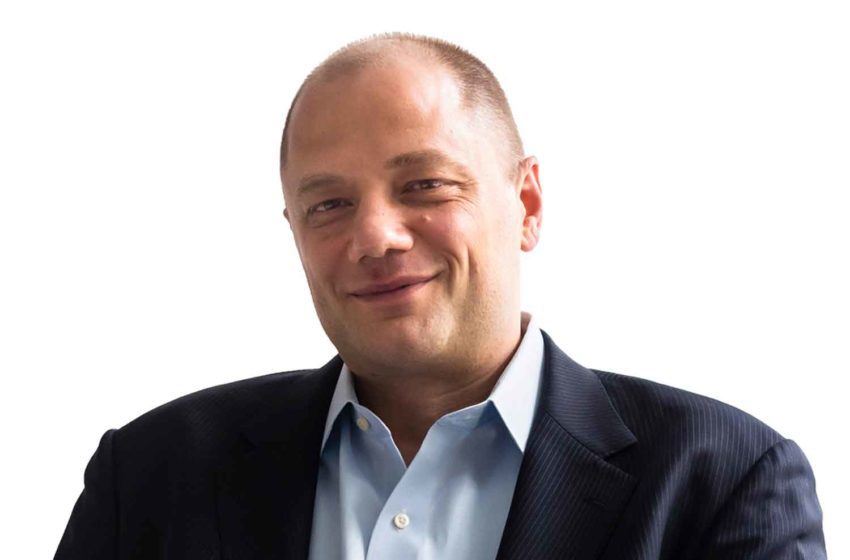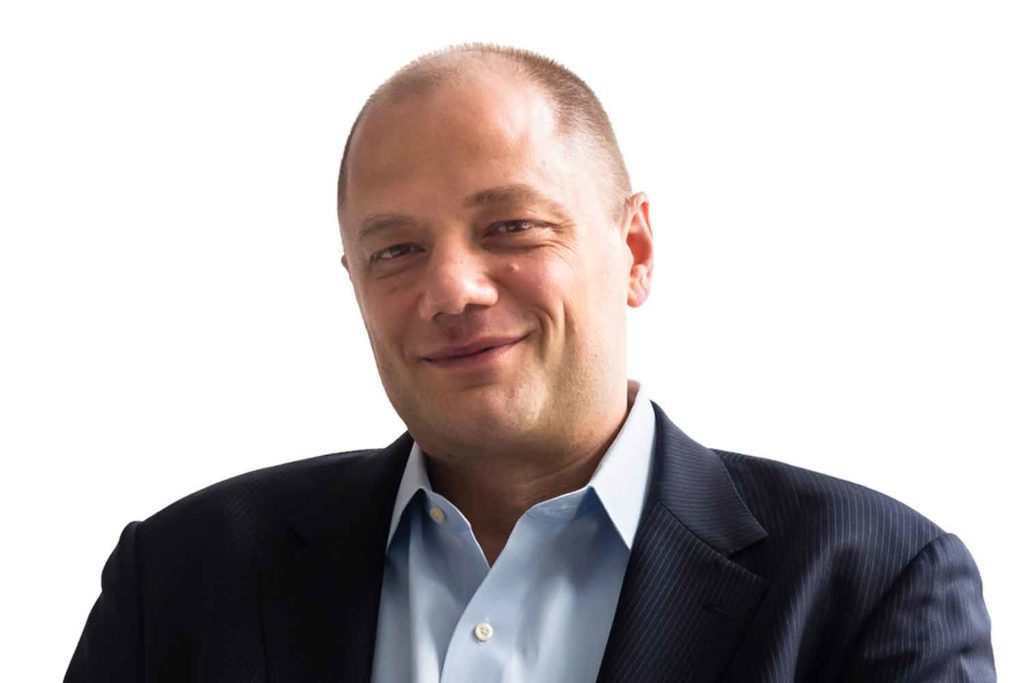The leading tobacco companies are adjusting their strategies in Russia and Ukraine following the war between those countries.
Philip Morris International announced the suspension of its planned investments in the Russian Federation, including all new product launches and commercial, innovation and manufacturing investment. PMI has also activated plans to scale down its manufacturing operations amid ongoing supply chain disruptions and the evolving regulatory environment.
“We have watched with shock the war in Ukraine and condemn the violence in the strongest possible terms. We stand in solidarity with the innocent men, women and children who are suffering,” said PMI CEO Jacek Olczak in a statement. “We join the many voices calling for an immediate end to the war and the restoration of peace.”
Olczak said PMI had helped evacuate more than 800 people from the most impacted areas; provided critical aid to employees who remain in Ukraine; and provided those who have left the country with logistical, medical, financial and other practical support in neighboring countries. PMI is continuing to pay salaries to all its Ukrainian employees during this period, the company said.
Ukraine accounted for around 2 percent of PMI’s total cigarette and heated-tobacco unit shipment volume and under 2 percent of PMI’s total net revenues in 2021. The company has one factory and approximately 1,300 employees in the country.
In 2021, Russia accounted for almost 10 percent of PMI’s total cigarette and heated-tobacco unit shipment volume and around 6 percent of PMI’s total net revenues. The company employs more than 3,200 people in the country.
BAT, which employs more than 1,000 people in Ukraine and around 2,500 people in Russia, said it had suspended all business and manufacturing operations in Ukraine and suspended all planned capital investment into Russia.
“In Ukraine, we have suspended all business and manufacturing operations and are providing all the support and assistance we can to our colleagues, including relocation and temporary accommodation. Our businesses bordering Ukraine are providing assistance to the humanitarian relief effort,” the company wrote on its website.
“In Russia, we have a full establishment of our people right across the country, including substantial local manufacturing. Our business in Russia continues to operate. As a key principle, we have a duty of care to all our employees at this extremely complicated and uncertain time for them and their families.”
Japan Tobacco International, which has four factories and nearly 4,000 employees in Russia, announced the suspension of all new investments and marketing activities as well as the planned launch of its Ploom X heated-tobacco product in Russia, citing the unprecedented challenges of operating in Russia at this time. “Unless the operating environment and geopolitical situation improve significantly, JTI cannot exclude the possibility of a suspension of its manufacturing operations in the country,” the company wrote in a press statement.
Imperial Brands also suspended all operations in Russia, halting production at its factory in Volgograd and ceasing all sales and marketing activity.
“We have already suspended our operations in Ukraine in order to prioritize the safety and well-being of our 600 employees in that country,” the company wrote in a statement.
Russia and Ukraine are relatively small markets for Imperial Brands, representing around 2 percent of net revenues and 0.5 percent of adjusted operating profit in 2021.



